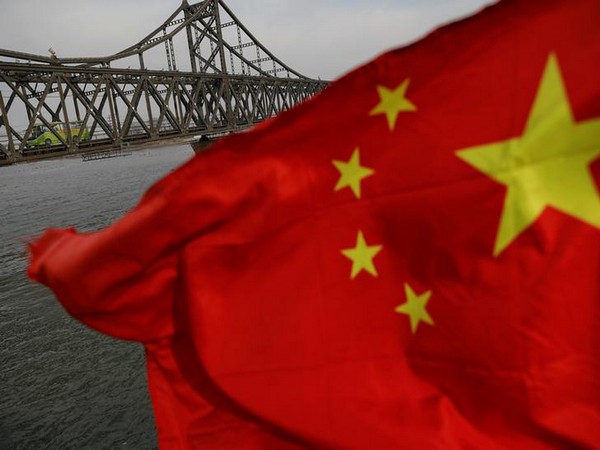Concerned about the situation of Tibetan women in Tibet, the United Nations Committee on the Elimination of Discrimination Against Women (CEDAW) has questioned China on the matter, reported Tibet Rights Collective.
The Committee on the Elimination of All Forms of Discrimination Against Women, which is in charge of overseeing the Convention’s implementation, has taken a keen interest in Tibetan women’s rights and well-being.
In a recent meeting, CEDAW members focused on China’s treatment of Tibetan women and asked for clarity on a number of topics. The majority of the committee’s inquiries focused on gender equality, healthcare and educational access, political engagement, and the protection of religious and cultural rights for Tibetan women living in Tibet, according to Tibet Rights Collective.
During a UN public briefing on May 8, 2023, the Tibet Bureau and the Tibetan Women’s Association jointly made a statement about the plight of Tibetan women in Tibet. The aim of the briefing was to review China’s implementation of the International Convention on the Elimination of All Forms of Discrimination Against Women. The briefing was organised as part of the Committee on the Elimination of Racial Discrimination’s (CEDAW) 85th session.
Representative Thinlay Chukki attended the meeting and gave the members of the UN committee an overview of the situation faced by Tibetan women living under Chinese rule in Tibet. She was joined at the meeting by UN Advocacy Officer Kalden Tsomo and the President of the Tibetan Women’s Association (Central), Tenzing Dolma.
Due to charges of discrimination against its Tibetan population and abuses of human rights, Tibet has drawn attention from throughout the world. The enquiries made by the CEDAW committee were primarily intended to shed light on the difficulties experienced by Tibetan women and evaluate the success of China’s efforts in resolving these problems, as per Tibet Rights Collective.
Concerns were raised by the committee over reports of gender-based violence, women’s limited access to healthcare and education, their limited economic options, and their struggle with cultural integration. The Chinese delegation was questioned about the steps taken to address these issues, ensure equality, and defend the rights of Tibetan women.
The questions were acknowledged by China and its representative, in response, assured the committee that it was committed to advancing gender equality and enhancing the situation of Tibetan women. The delegation said that a number of laws and initiatives had been put in place to strengthen women’s rights and give them more authority in Tibetan society. They underlined their attempts to address the issues presented by highlighting programmes in the areas of education, healthcare, poverty alleviation, and employment possibilities, according to Tibet Rights Collective.
China’s comments will now be examined by the CEDAW committee, which will also evaluate the data presented during the session. The committee’s evaluation will help shape its final conclusions and suggestions, which it will share with China to direct its future efforts to advance gender equality and protect the rights of Tibetan women.
This development demonstrates how the world community cares for the rights and welfare of Tibetan women. The CEDAW committee’s participation demonstrates its dedication to upholding nations’ responsibilities under the Convention on the Elimination of All Forms of Discrimination Against Women and ensuring the protection and respect of women’s rights in Tibet.
The UN and other relevant parties may have more conversations and take additional actions as the situation develops to address the difficulties experienced by Tibetan women and work towards a more inclusive and equitable society in Tibet, reported Tibet Rights Collective.

